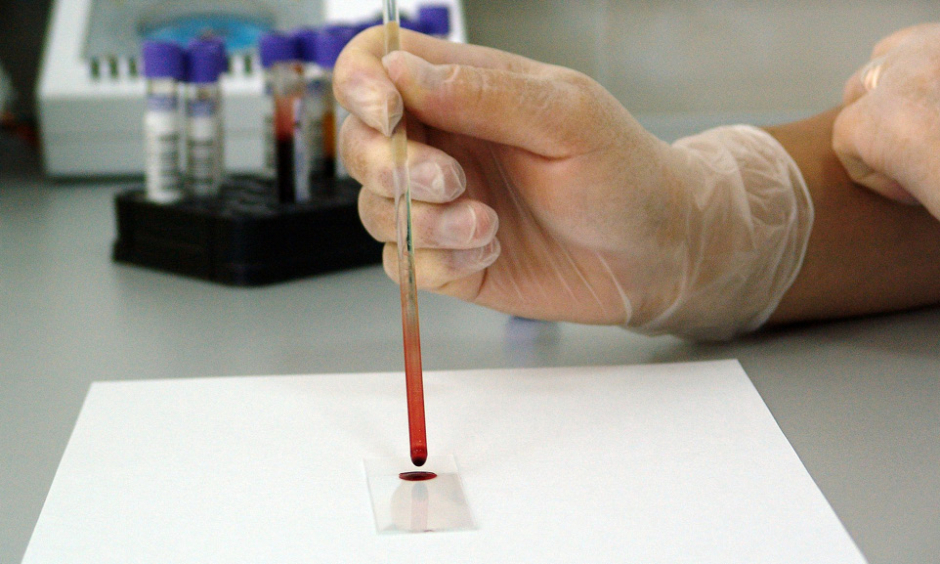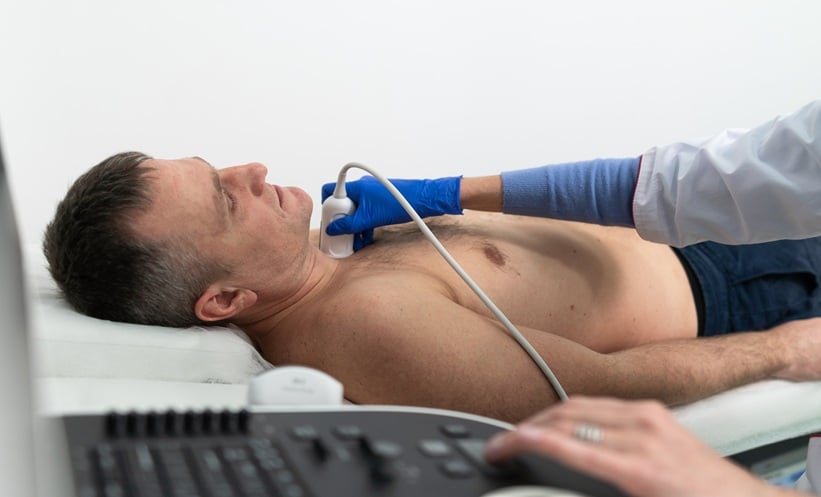NEUROLOGICAL disorders such as schizophrenia and autism could be studied more effectively after researchers from Stanford University, California, USA successfully converted human immune cells in the blood into functional neurons. The technique should enable scientists to study the neuronal function of people with conditions like schizophrenia, potentially leading to a greater understanding of the processes and mechanisms of the neurons.
Transdifferentiation
This method, known as transdifferentiation, transforms cells directly, avoiding the need to induce pluripotency. The avoids the process of generating induced pluripotent stem cells from large numbers of patients, which is expensive and time-consuming.
Efficient Method
The team therefore wanted to see if they could convert T cells circulating in the blood into neurons through transdifferentiation. Despite each having vastly distinctive features, including shapes, locations, and functions, the researchers were able to transform T cells into neurons quickly and efficiently; with the addition of four proteins, the conversion was shown to take place very fast and as many as 50,000 neurons were generated from 1 mL of blood.
“Mind-Boggling”
“It’s kind of shocking how simple it is to convert T cells into functional neurons in just a few days,” commented Dr Marius Wernig, Stanford University. “T cells are very specialised immune cells with a simple round shape, so the rapid transformation is somewhat mind-boggling.”
Improved Knowledge
The team hope that being able to create neurons from blood samples opens the door to improved understanding the neuronal function of conditions such as schizophrenia and autism, of which there are little knowledge and, subsequently, limited treatment options.
Ability to Study a Large Sample
“Blood is one of the easiest biological samples to obtain,” said Dr Wernig. “Nearly every patient who walks into a hospital leaves a blood sample, and often these samples are frozen and stored for future study. This technique is a breakthrough that opens the possibility to learn about complex disease processes by studying large numbers of patients.”
Technique Optimisation
The team want to optimise the technique as the resulting neurons were not fully functional and were unable to form synapses with one another. However, they can carry out the fundamental processes of neurons and the researchers have therefore already begun collecting blood samples from children with autism.
James Coker, Reporter
For the source and further information about the study, click here.








